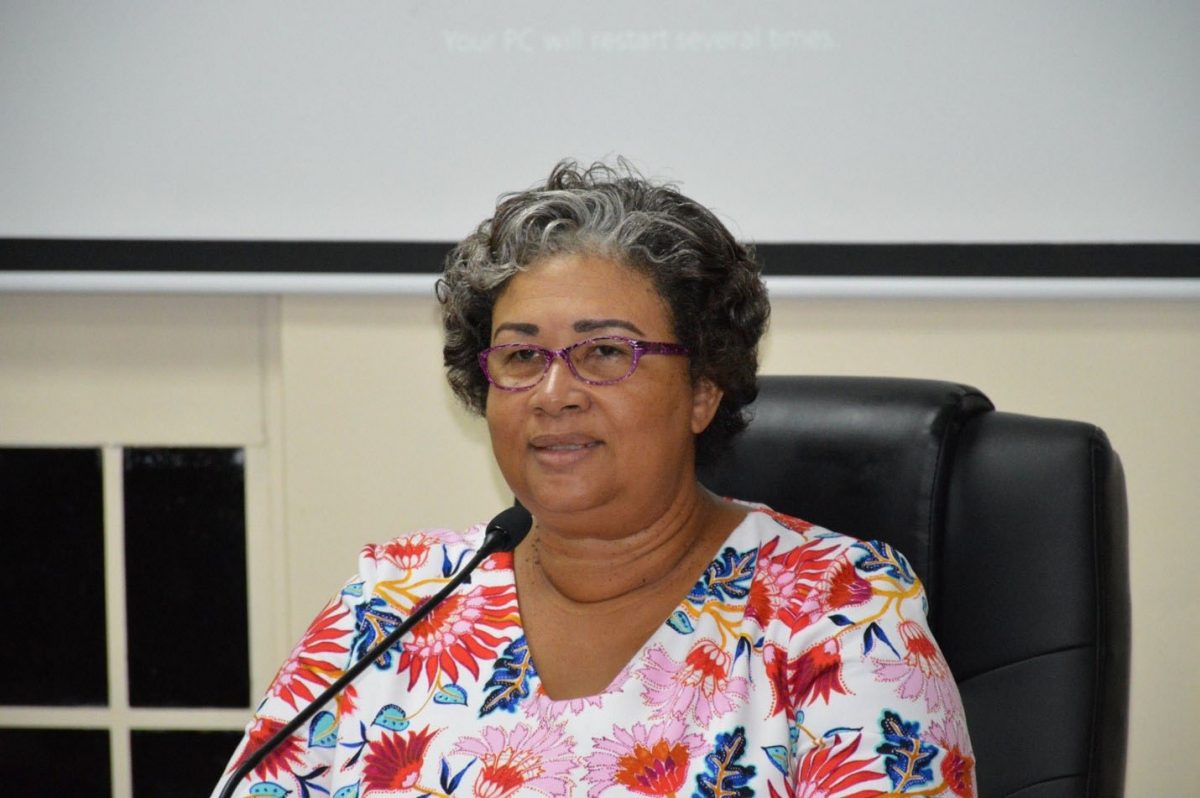As the Caribbean Community (CARICOM) struggles to reach herd immunity, the Heads of Government have issued yet another call for persons to be vaccinated and agreed to design a Community Public Relations Strategy to supplement national campaigns encouraging citizens to vaccinate.
“[Heads of Government] agreed to approach the COVAX Facility to grant the Community an exemption, which would allow vaccine doses from the Facility to be reallocated among Member States,” the Community announced yesterday adding that they have also approached the United States government with a request to bring forward the delivery date of the next batch of Pfizer vaccines donated to the Region.
Following an emergency Heads of Government meeting on Monday, a communique was issued reminding that failure to be vaccinated puts the health sector at great risk of being overwhelmed by the surge of COVID-19 cases.
According to the communique, heads were briefed by Executive Director of the Caribbean Public Health Agency (CARPHA), Dr. Joy St. John, who noted that since the outbreak in March 2020, the Region has seen more than 300,000 confirmed cases with more than 6,700 deaths.
Dr. St John stressed that the percentage of deaths was exceedingly high among unvaccinated people with less than one percent of deaths recorded by persons who were vaccinated.
Efforts to vaccinate the region have been stymied by significant vaccine hesitancy with coverage in the region varying widely. Bermuda with a 58.7% vaccination rate was highest while Haiti is at the lower end of the scale with a 0.1 vaccination rate.
No country as of September 3 is close to herd immunity but increased incidence of mutations and variants made it imperative for there to be a greater improvement in the rates of vaccination.
Front-line workers, including nurses, doctors, security personnel and teachers are being specially urged to take the vaccines available as the threat to the health, economic, education and security sectors is real.
As a direct response to continued hesitancy, Heads of government have agreed to a unified public relations campaign and agreed to consider the harmonisation of travel protocols, including for cruise ships.
They have also agreed to share excess vaccines, personal protective equipment and test kits and committed to continue to advocate for vaccine equity and access as well as financing and debt sustainability at the United Nations General Assembly and the United States Global Covid-19 Summit, both to be held later this month.
The US has been asked to deliver the next batch of Pfizer vaccines donated to the Region earlier than originally planned and asked for field hospitals and the accompanying equipment to help ease the current strain on health facilities in Member States while the United Kingdom has been approached about the negative impact of the traffic light listing of countries which determines requirements for re-entry to the UK given the importance of that tourism market to the Region.






